31 December 2024
Empathy. It’s what makes you tear up when you see someone cry, or why you feel a pang of joy when a friend shares good news. But have you ever wondered why we care about others' emotions in the first place? What is it in our brains that allows us to feel someone else's pain or happiness as if it were our own?
It turns out, empathy is not just a mysterious, magical force. There's some serious neuroscience at play here. So, let’s dive into the fascinating world of the brain and discover what really makes us care.
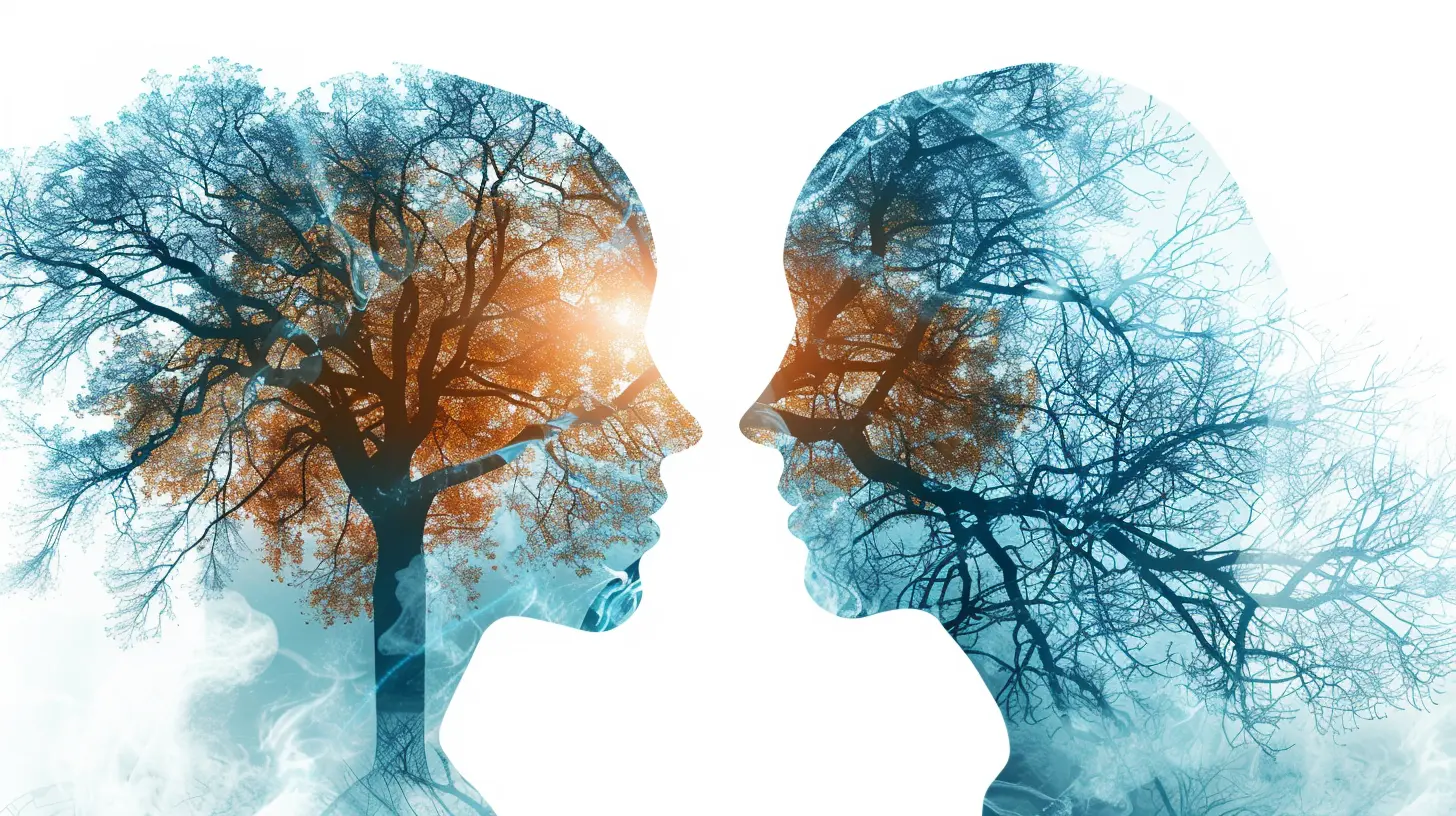
What Exactly Is Empathy?
Before we dig into the science, let’s clarify what we mean by empathy. At its core, empathy is the ability to understand and share the feelings of another person. But empathy isn’t a one-size-fits-all emotion. It comes in different flavors:1. Cognitive Empathy: This is about understanding someone else's thoughts and feelings. It’s like saying, “Oh, I see why you're upset.”
2. Emotional Empathy: This is when you actually feel the other person's emotions. If a friend is sad, you feel a bit of that sadness too.
3. Compassionate Empathy: This is empathy in action. It’s the part of empathy that drives you to help someone who’s struggling.
Each type of empathy activates different parts of your brain, and that’s where things get really interesting.
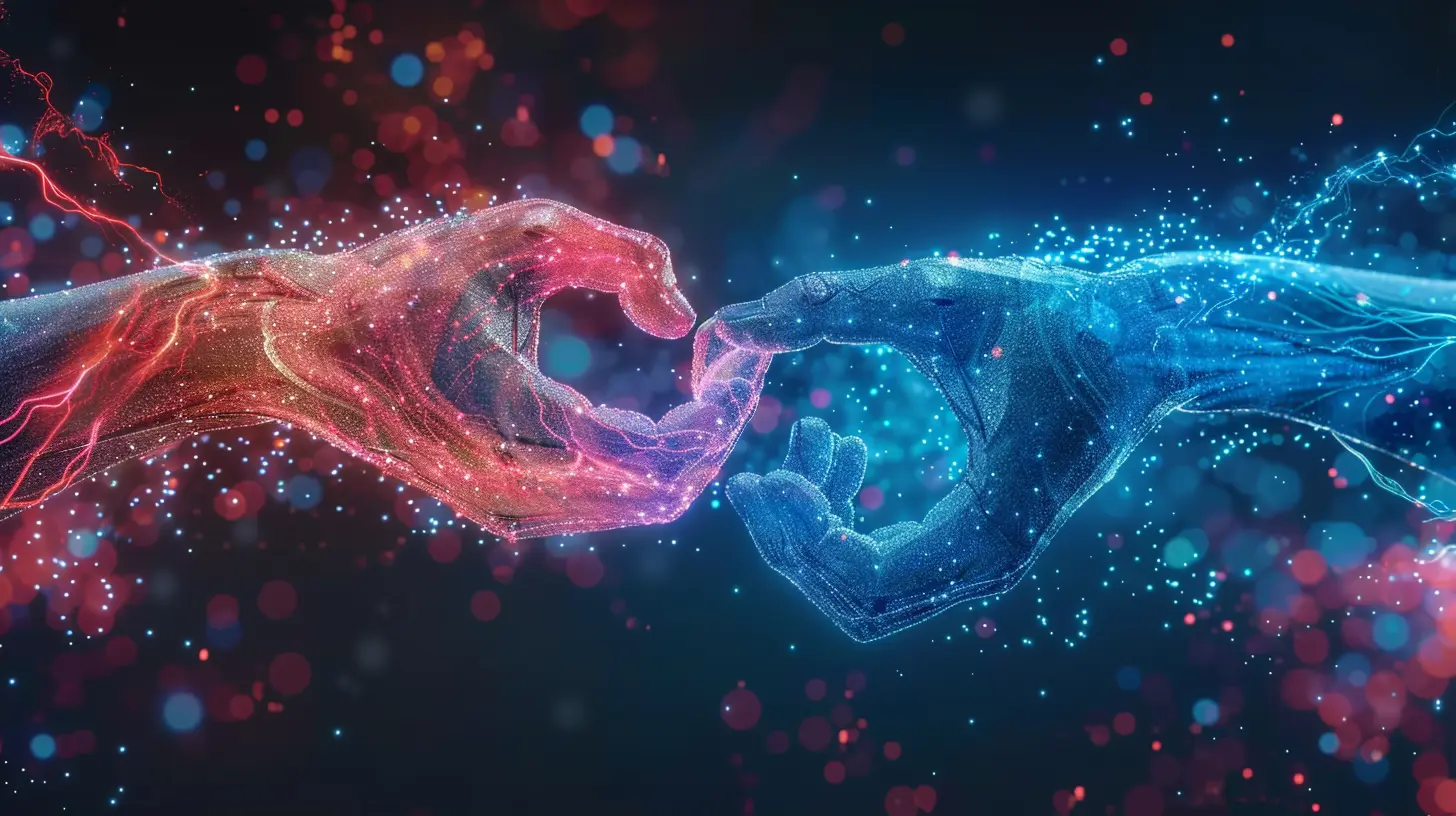
The Brain's Role in Empathy: A Quick Overview
Empathy is not just a feeling; it's a complex mental process that involves multiple areas of the brain working together. The most important regions are:- The Mirror Neuron System: Ever find yourself yawning just because someone else did? That’s mirror neurons at work. These neurons activate when we perform an action, but also when we see someone else perform that same action. They help us "mirror" the emotions and actions of others, creating a bridge between our minds and theirs.
- The Anterior Cingulate Cortex (ACC): This part of the brain lights up when you experience both physical and emotional pain. Interestingly, it also activates when you see someone else in pain. It’s like your brain is saying, “I get it. I feel it too.”
- The Insula: This region helps us process emotions like disgust, happiness, and fear. It works closely with the ACC to help us feel what others are feeling.
But how do all these pieces fit together?
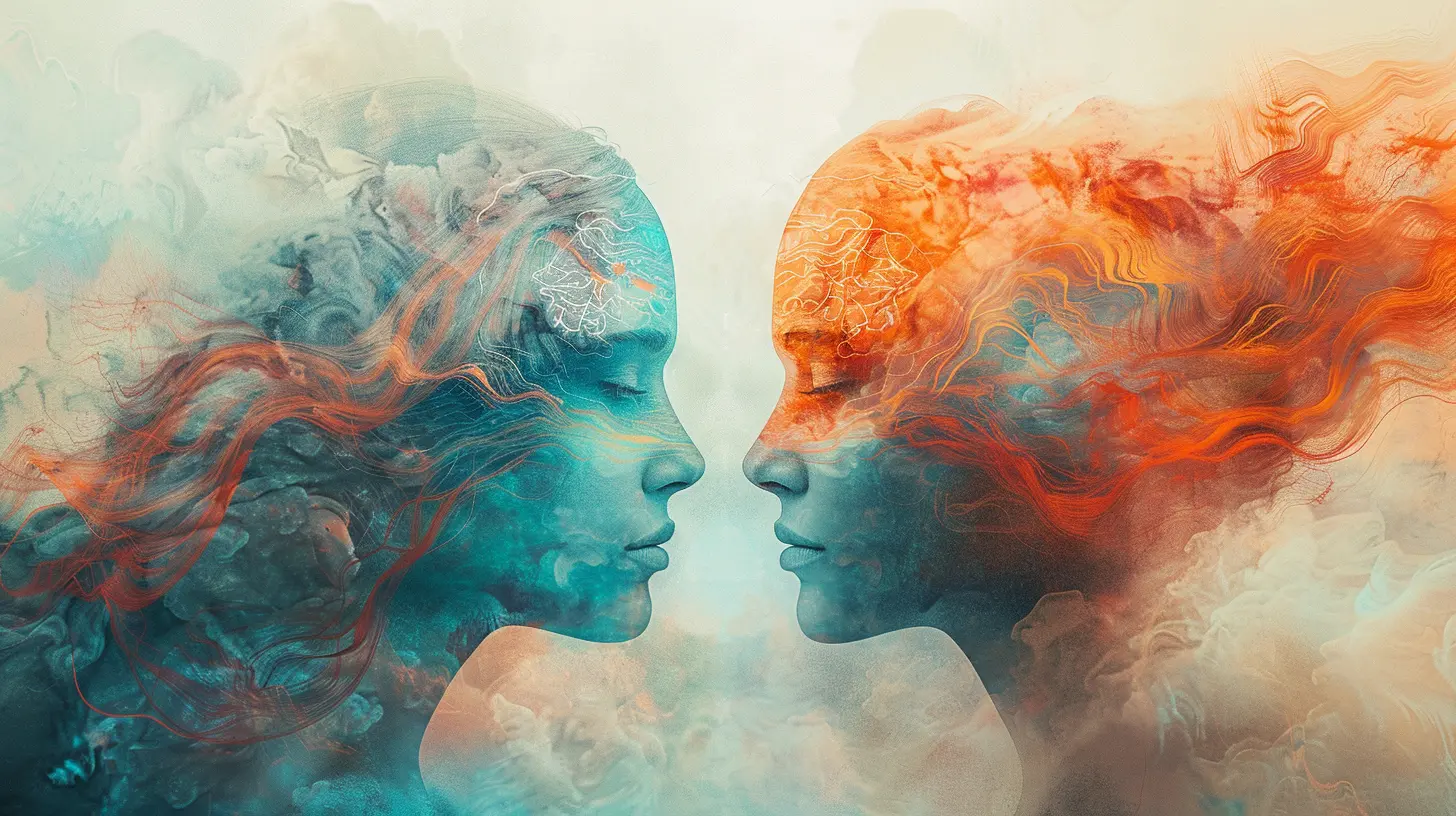
Mirror Neurons: The Brain's Copycat
The discovery of mirror neurons was a game-changer in understanding empathy. Imagine you're watching someone smash their finger with a hammer (ouch!). Even though you didn’t hit yourself, you might wince or feel an odd tingling in your hand. That’s because your mirror neurons are firing, almost as if you experienced the pain yourself.These neurons were first discovered in monkeys, but scientists have since found evidence of them in humans. They play a huge role in empathy because they allow us to mimic another person’s emotions. Think of them as the brain's built-in Wi-Fi, connecting us to the emotional world of others.
Without mirror neurons, we'd struggle to connect with people on an emotional level. Ever wonder why psychopaths seem so detached from other people’s feelings? Some studies suggest they have impaired mirror neuron systems, making it harder for them to "tune in" to others' emotions.
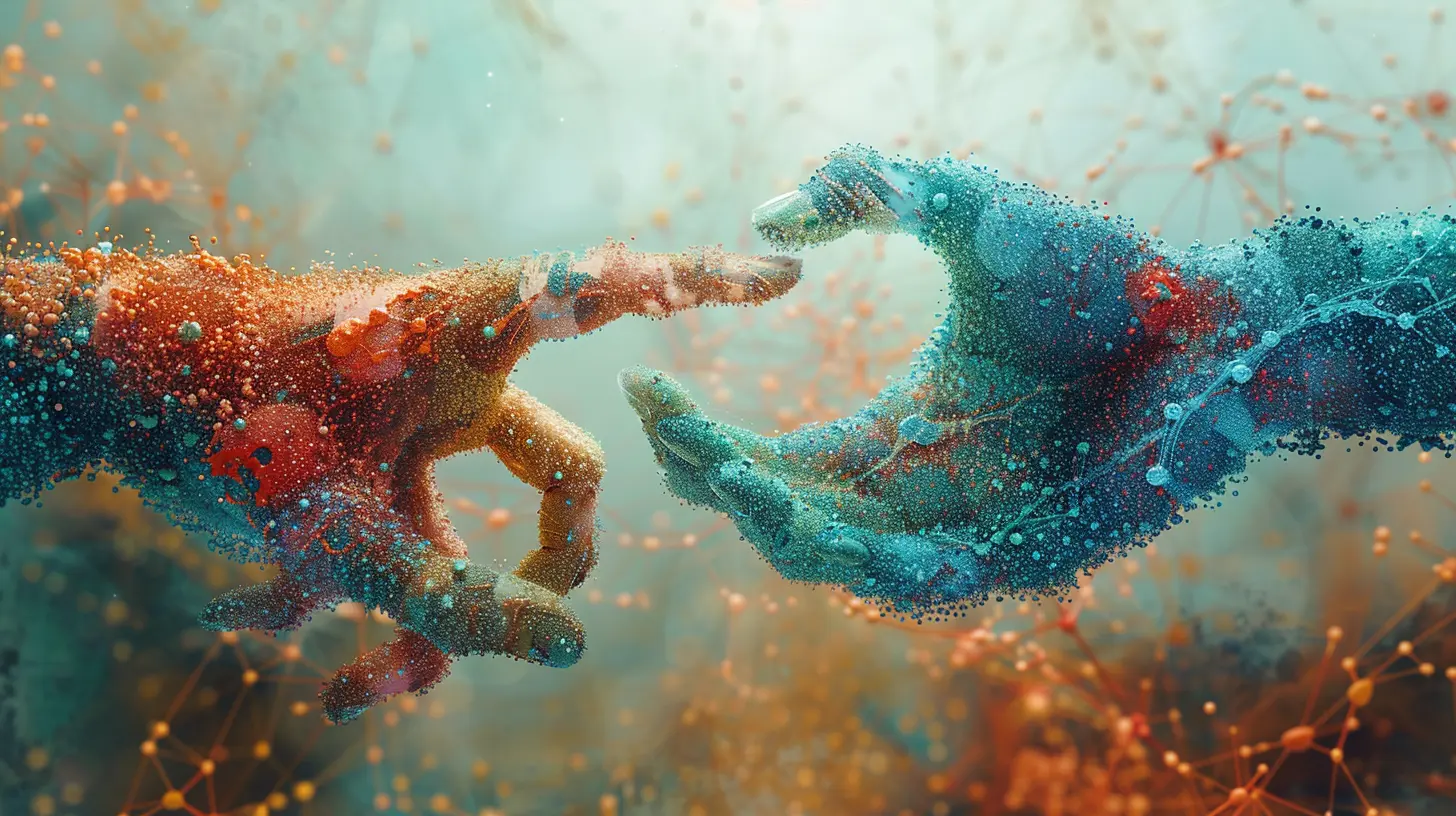
The Pain of Others: Why It Hurts to See Someone Suffer
We’ve all felt it — that uncomfortable knot in your stomach when you see someone in distress. But what’s really going on in your brain when this happens?Enter the Anterior Cingulate Cortex (ACC). This part of the brain is closely linked to how we experience pain, both physical pain (like stubbing your toe) and emotional pain (like a breakup). It’s also the part of your brain that activates when you see someone else suffering.
In fact, studies show that the ACC lights up when we witness someone else’s pain in the same way it does when we experience pain firsthand. This is why seeing someone else in distress can sometimes feel almost as bad as being in pain yourself.
Empathy, in this sense, is not just about understanding someone else’s pain — it’s about literally feeling it.
The Insula: The Emotional Hub
Another key player in the empathy game is the insula, a small region buried deep within the brain. The insula is responsible for processing a wide range of emotions, from fear to disgust to joy. When you feel empathy, your insula helps you tune in to the emotional signals of others.The insula works together with the ACC to help us feel what others are feeling. It's like your brain's emotional radar, picking up on the subtle cues that tell you someone is upset, happy, or afraid.
Interestingly, the insula is also involved in processing bodily sensations. This might explain why empathy often comes with a physical sensation — like a pit in your stomach when a friend is sad or a jolt of excitement when someone shares good news.
Empathy and Evolution: Why Do We Care?
Now that we know how the brain processes empathy, the big question is: Why? Why do humans (and some animals) have this ability to feel for others?From an evolutionary standpoint, empathy likely developed as a survival mechanism. Think about it: Humans are social creatures. Back in the days of hunting and gathering, our survival depended on cooperation and working together. Empathy helped foster social bonds, which made it easier for early humans to form groups and support each other.
In a way, empathy is like social glue — it keeps us connected and helps us understand each other. Without it, society as we know it wouldn’t function nearly as well.
The Dark Side of Empathy: Can We Care Too Much?
While empathy generally has a positive reputation, there is such a thing as too much empathy. Ever heard of empathic distress? It's a phenomenon where you become so overwhelmed by another person’s emotions that you start to feel their pain as your own. If you’ve ever found yourself feeling completely drained after listening to a friend’s problems, you’ve experienced empathic distress.In extreme cases, too much empathy can lead to burnout. This is especially common in caregivers and healthcare professionals, who are constantly exposed to other people's suffering. It’s important to strike a balance between caring for others and taking care of yourself.
Empathy and Psychopaths: When Caring is Absent
Not everyone experiences empathy the same way. Psychopaths are often characterized by a lack of empathy. They can understand what others are feeling on a cognitive level, but they don’t actually feel it themselves. Essentially, they know what you’re going through, but they don’t care.Interestingly, some studies have shown that psychopaths can turn their empathy on and off, almost like flipping a switch. When it suits their goals, they can "fake" empathy, which is why they can be so manipulative.
Can We Train Our Empathy?
Here’s the good news — empathy isn’t a fixed trait. Just like you can work out to improve your physical fitness, you can also train your brain to be more empathetic.- Mindfulness meditation is one way to boost empathy. Studies show that people who practice mindfulness are better at tuning in to the emotions of others.
- Perspective-taking exercises can also help. These involve putting yourself in someone else’s shoes and imagining how they might feel in a particular situation.
By practicing empathy, we can strengthen the neural circuits that help us connect with others. It’s like building a muscle — the more you use it, the stronger it gets.
Empathy in the Digital Age: Are We Losing It?
In today’s tech-driven world, some researchers worry that we’re losing our ability to empathize. With so much communication happening through screens, it’s easy to miss the emotional cues that come from face-to-face interaction.Moreover, the constant barrage of news and social media can lead to something called compassion fatigue. With so many stories of suffering and hardship, we can become desensitized, making it harder to feel empathy.
But all is not lost! Even in the digital age, we can still cultivate empathy. It just takes a bit of effort to stay connected with the people around us — both online and offline.
Conclusion: The Power of Empathy
At the end of the day, empathy is one of the most powerful tools we have for connecting with others. It’s what makes us human, and it plays a crucial role in our relationships, our society, and even our survival.Thanks to the brain's incredible wiring — through mirror neurons, the ACC, and the insula — we’re able to feel what others feel, understand their emotions, and act on those feelings. Empathy binds us together, helping us navigate a complex social world with kindness and understanding.
So, the next time you find yourself tearing up during a sad movie or feeling joy for a friend’s success, remember: That’s your brain’s empathy circuits working their magic.

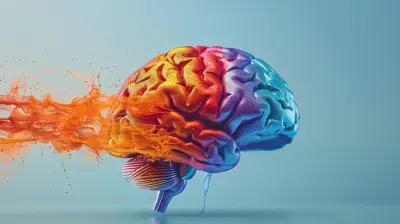


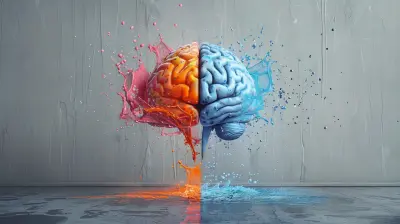





Edward Newman
Empathy is our superpower, rooted deep in our brains. Understanding its neuroscience not only reveals the magic of connection but also empowers us to foster compassion in our lives. Let’s harness this incredible gift to create a more caring and united world!
February 7, 2025 at 4:10 AM